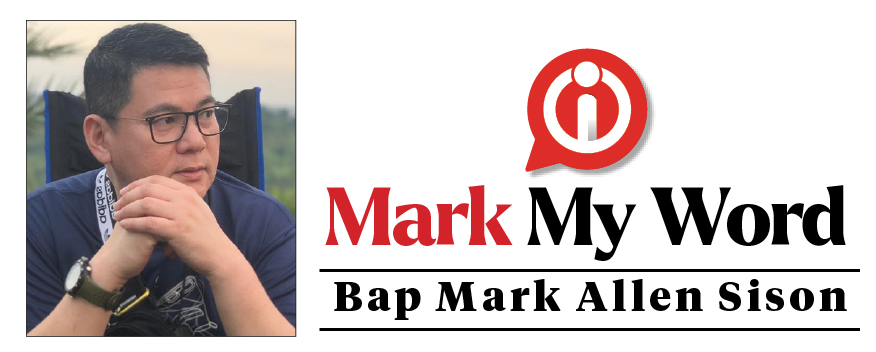
In a complex legal dispute, Metro Clark Waste Management Corporation (MCWM) recently sought judicial intervention to secure its rights over the 100-hectare Kalangitan Sanitary Landfill in Capas, Tarlac. This high-stakes case against the Clark Development Corporation (CDC) and Bases Conversion Development Authority (BCDA) culminated in the issuance of a preliminary injunction by Hon. Ronald Leo T. Haban of the Regional Trial Court, Branch 66, Capas, Tarlac. The court’s decision to issue the injunction with a significant P5,000,000 (FIVE MILLION PESO) bond requirement highlights the balance between protecting private rights and addressing public interests in a critical infrastructure site.
Temporary Restraining Order (TRO)
Initially, MCWM requested a 72-hour TRO, issued ex parte, to prevent CDC and BCDA from forcibly taking over the landfill. The court extended the TRO for a total of 20 days, recognizing that any immediate enforcement action could lead to “grave and irreparable injustice” for MCWM. This temporary measure preserved the status quo, allowing the court to evaluate the case’s merits fully.
Lease or Service Agreement?
At the heart of the dispute is the nature of the contract between MCWM and CDC/BCDA. The court explored whether the agreement was a lease or a service contract—a crucial distinction as it influences the parties’ rights and responsibilities. The examination also considered whether the contract aligned with public interest requirements, particularly under environmental regulations relevant to landfill management.
Contractual Obligations
As MCWM’s operations are central to waste management in the region, the court had to weigh whether the contract served public policy and environmental interests. By requiring MCWM to operate the landfill within legal standards, the court underscored that contracts involving public resources and services must align with public welfare.
Preliminary Injunction
Following a summary hearing, the court found sufficient grounds to issue a writ of preliminary injunction, prohibiting CDC, BCDA, and their agents from using force, threats, or intimidation to take over the landfill. This injunction upheld MCWM’s right to due process while the full case is resolved. MCWM posted a P5,000,000 (FIVE MILLION PESO) injunction bond, as required, to cover potential damages should the court later rule in favor of CDC and BCDA. This bond serves as a safeguard, ensuring that MCWM is accountable for any harm resulting from the temporary injunction if it is found unjustified.
Jurisdictional Rulings on TROs, Preliminary Injunctions
The court referred to the jurisprudence in Bicol Medical Center v. Botor and Miriam College Foundation, Inc. v. Court of Appeals, which clarified the distinctions between a TRO and a preliminary injunction. A TRO is typically issued ex parte to maintain the status quo until a full hearing can be held, whereas a preliminary injunction requires a “full and comprehensive hearing.” These rulings ensure that temporary orders provide immediate relief without overriding procedural fairness.
Legal Precedents
Citing Lerias v. Court of Appeals, the court noted that prima facie evidence is sufficient to establish a party’s claim if unchallenged. Here, MCWM presented prima facie evidence that a sudden takeover would likely violate its rights under the existing contract, warranting the injunction to prevent irreparable harm while the case proceeds. The court’s reliance on these precedents highlighted its dedication to ensuring fair judgment based on both immediate relief and future adjudication.
Upcoming Full Trial
In preparation for a full trial, the court has underscored critical legal and factual questions that will shape the resolution of this dispute:
- Is the contract one of lease or service, and how does it intersect with labor and environmental laws?
- Was the contract extended through an amended agreement or implied consent, and does its duration impact the parties’ rights?
- Does the contract carry public policy concerns, and is it compliant with environmental laws, such as RA 9003 on Ecological Solid Waste Management?
- Does the contract align with legal and ethical standards, and what consequences arise if it is found to contradict public interest?
These issues will be addressed comprehensively as the case proceeds to trial.
Preserving Order
In issuing the preliminary injunction, the court invoked the principle of the rule of law over individual will, emphasizing that no one is above the law. By ensuring that CDC and BCDA follow due legal processes, the court reinforced that contracts with public impact must be settled in a lawful and orderly manner. This decision protects MCWM’s rights while reminding all parties of the judiciary’s commitment to the legal process over unilateral actions.
Balancing Legal Protections, Public Interests
Judge Haban’s decision exemplifies the balance between upholding legal rights and serving the public interest. The preliminary injunction, backed by a substantial bond, secures MCWM’s operational rights while the case awaits full trial. It reinforces the judiciary’s role in overseeing public-interest contracts and ensuring procedural justice, protecting both parties’ rights and the public welfare pending a final resolution.